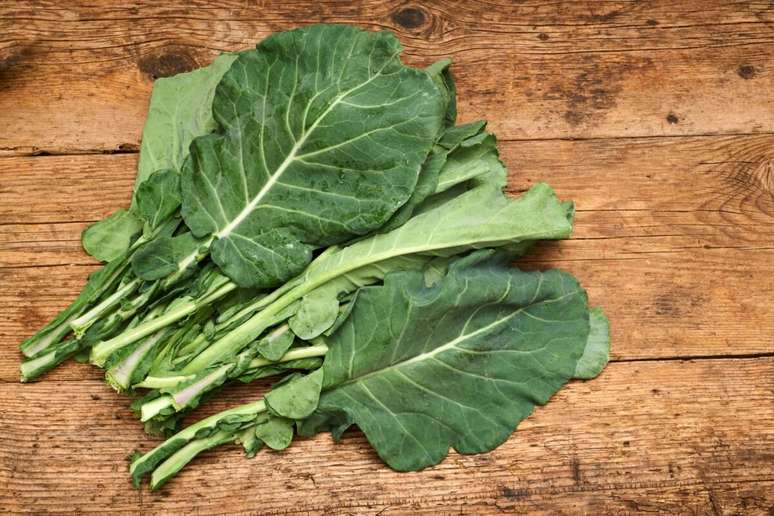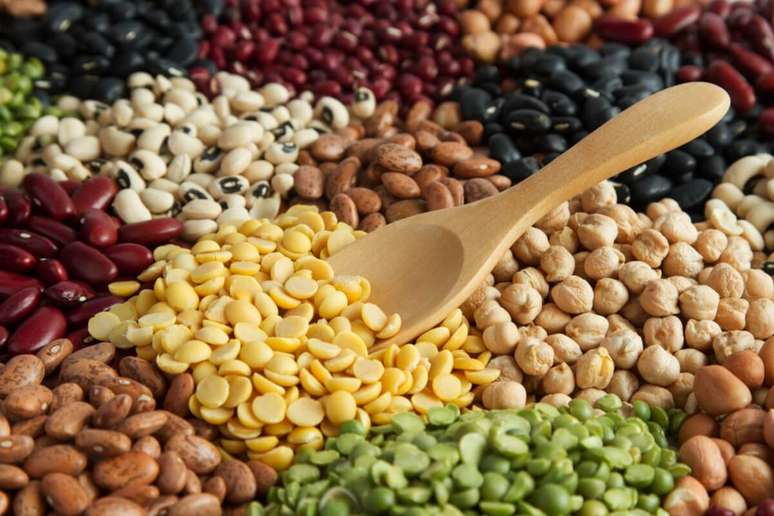Balancing your diet is important to ensure your body gets all the nutrients it needs.
World Vegan Day is celebrated on November 1st. The vegan diet, in particular, has conquered more and more people around the world. More than a simple exclusion of products of animal origin, this choice represents a commitment to health.
According to the study”Vegetarian dietary patterns and cardiovascular risk factors and disease prevention: an overall review of systematic reviews“, published in the American Journal of Preventive Cardiology, vegetarian dietary patterns help reduce cardiometabolic risk factors and the risk of incidence and mortality from cardiovascular diseases.
However, for these benefits to materialize, it is essential to pay attention to the nutritional quality of the diet. This is because, when you adopt veganism, you shouldn’t simply eliminate foods from your routine. According to Diego Righi, professor of nutrition at the Afya Centro Universitário Itaperuna, the exclusion of foods of animal origin can cause a deficiency of nutrients such as vitamin B12, iron, calcium, zinc, iodine and omega 3, essential for the correct functioning of the body.
“The secret is variety and care in including plant sources rich in the most important nutrients. A well-planned vegan diet is fully capable of meeting the body’s needs and promoting health,” explains the nutritionist.
Below, the professor lists five essential food groups for those who want to maintain a balanced and complete vegan diet. Check!
1. Legumes
Legumes, how beanLentils, chickpeas and peas are important sources of plant-based protein, as well as offering iron, zinc and fibre, which help with satiety and gut health.
2. Oilseeds
Oilseeds, such as nutschestnuts and almonds are rich in good fats, such as omega 3 and 6, as well as vitamin E, selenium and magnesium. These nutrients help protect the heart and brain, as well as strengthen the immune system.

3. Dark green vegetables
Dark green vegetables, such as cabbagespinach and broccoli are rich in calcium, iron and vitamin K, nutrients that contribute to bone formation and the prevention of anemia.
4. Whole grains and seeds
Whole grains and seeds, such as quinoa, oats, sizzle and flax seeds, provide complete proteins, fibre, iron and plant-based omega 3, being excellent allies for heart and brain health.
5. Fortified foods and supplements
Vitamin B12 is essential for the nervous system and the formation of red blood cells, but is not found naturally in the body food of plant origin. Therefore, it is important to ensure supplementation and consumption of enriched foods to avoid nutritional deficiencies.
By Beatriz Felicio
Source: Terra
Ben Stock is a lifestyle journalist and author at Gossipify. He writes about topics such as health, wellness, travel, food and home decor. He provides practical advice and inspiration to improve well-being, keeps readers up to date with latest lifestyle news and trends, known for his engaging writing style, in-depth analysis and unique perspectives.









